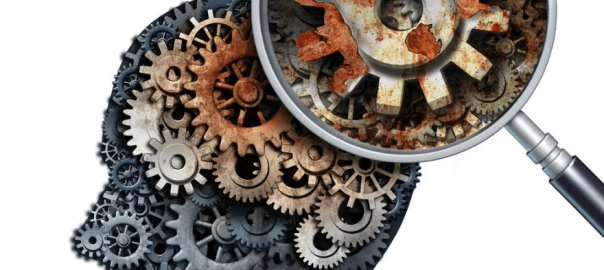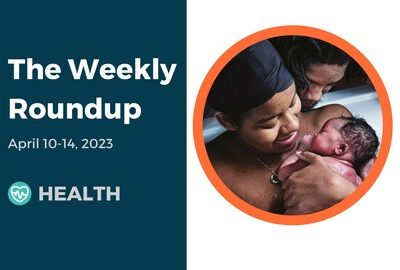The phrase “some people cannot stop nothing” is a colloquialism that means that some people are unable to control or prevent things from happening. It is often used to describe people who are impulsive, reckless, or irresponsible. For example, someone might say “some people cannot stop nothing” to describe a person who is always getting into trouble or who is unable to keep their commitments. Continue reading
Tag Archives: Psychiatric diagnosis
Ways to keep your brain in top form as you age
April 26, 2023 /Lifestyle/ — The most important changes in cognition with normal aging are declines in performance on cognitive tasks that require one to quickly process or transform information to make a decision, including measures of speed of processing, working memory, and executive cognitive function.
However, not all thinking abilities decline with age. In fact, vocabulary, reading and verbal reasoning remain unchanged or even improve during the aging process.
There are many lifestyle choices that can help to maintain cognitive function as we age. Some of the most important include: Continue reading
This Week in Health News: Top Stories You Need to See
NEW YORK, April 14, 2023 /Health/– Here are some of the top health news stories from this week:
New COVID-19 variant BA.2 spreads rapidly in Europe and the US
US Supreme Court to hear case on abortion rights
WHO reports more than 1 million deaths from COVID-19
New study finds that obesity can increase risk of dementia
Researchers develop new drug that could treat Alzheimer’s disease
Continue reading
Artemis Aerospace: how to cure a fear of flying – six tips for stress free travel
As a former commercial pilot, it wasn’t unusual to hear of passengers experiencing anxiety or panic attacks during a flight. While cabin crew are trained to calm and reassure passengers, it can be a distressing experience for the sufferer, and unsettling for fellow travellers. Continue reading
Bad hangovers? Why genetics, personality and coping mechanisms can make a difference
Craig Gunn, University of Bristol
After a good night out you may not be surprised when you wake up feeling rough the next morning. But what may surprise you is if your friends aren’t feeling the same way. Some may feel worse, some better and some (if they’re lucky) may not feel any of the negative consequences at all.
Daydreaming’s dark side: the compulsive, complex fantasy disorder that dominates some people’s daily lives
Giulia Poerio, University of Sussex
Despite what we’re often taught to believe, daydreaming can be immensely useful. Not only can it be a source of pleasure and a way to relieve boredom, research shows that our ability to mentally escape the present can also boost creativity, problem-solving and planning, and provide an antidote to loneliness.
Elon Musk: how being autistic may make him think differently
Punit Shah, University of Bath; Luca Hargitai, University of Bath, and Lucy Anne Livingston, King’s College London
The business magnate and new owner of Twitter Elon Musk revealed a while ago that he is autistic. Musk, the wealthiest person in the world, is autistic. Musk, a fellow of the prestigious Royal Society and Time’s 2021 Person of the Year, is autistic. One of the most famous people on Earth is autistic. Perhaps it is worth letting that sink in?
Vegetarians more likely to be depressed than meat-eaters – possible reasons
Chris Bryant, University of Bath
Vegetarians have around twice as many depressive episodes as meat-eaters, according to a new study.
The study, based on survey data from Brazil, chimes with earlier research that found higher rates of depression among those who forgo meat. However, the new study suggests that this link exists independent of nutritional intake.
How trauma survivors can harness spiritual contemplation to process stress – new research
Catrin Eames, Liverpool John Moores University
Trauma, such as surviving or witnessing road accidents, natural disasters and violence, can shake up our lives, challenging our core beliefs and views of the world.









